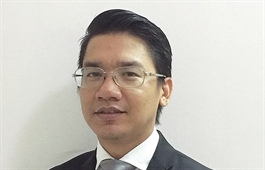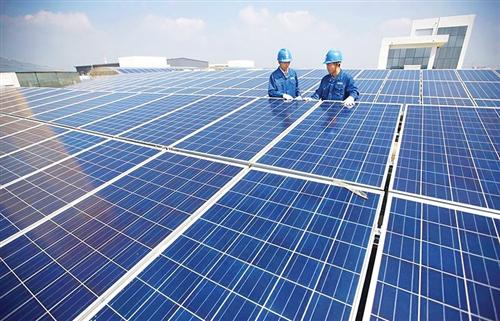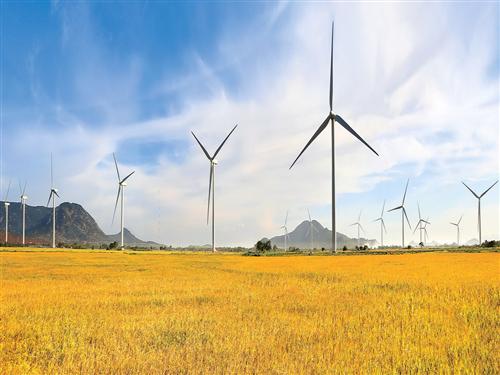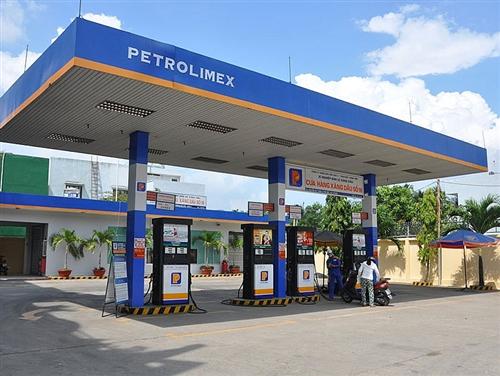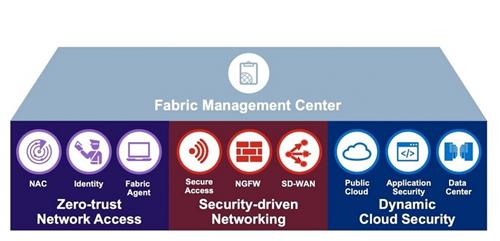Manufacturers taking the lead in the circular economy
Manufacturers taking the lead in the circular economy
With natural resources being consumed 50 per cent faster than they can be replaced, the circular economy has become the ultimate goal of all big corporations in recent years. As a result, INSEE Vietnam’s approach to green manufacturing is focusing on reducing the use of raw materials and self-production of energy in its products, with the potential to recycle or reuse back into the manufacturing process.
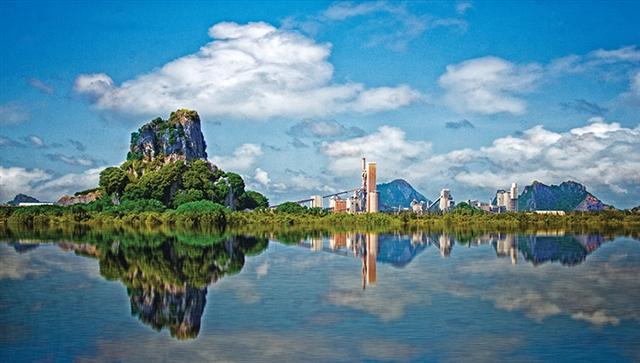
INSEE’s “Build For Life” philosophy is driving it to continuously research, develop, and challenge traditional thinking
|
Clinker, manufactured from natural resources and requiring the effort and collaboration of many teams and functions, is one of the main components that cannot be totally replaced in the cement composition. INSEE, which has gradually become the leading cement manufacturer in the country, understands that every tonne of clinker saved could lead to many benefits – not only saving costs for the business but also for the environment at large.
By using fly ash and steel slag to substitute clinker in cement production, INSEE Vietnam has significantly controlled the clinker component in cement formulation. This reduction in clinker usage has been carried out without compromising either industrial performance or product quality, and even improving upon it.
In addition, the use of high-quality mineral components such as pozzolana or alternative raw materials results in more efficient usage of non-renewable raw materials and a lowering of CO2 emissions by at least 24 per cent per tonne of cement produced, while increasing some aspect of quality such as durability and anti-corrosion.
INSEE Vietnam is currently utilising waste heat from its kiln coolers to generate power to offset a portion of power purchased from the grid. This waste-heat recovery offers enormous benefits for the economy, society, and environment, meeting 25 per cent of the plant’s electricity demands, equivalent to electricity for 18,000 households in one year, relieving pressure on the national grid supply and generating around 6MW of power.
This system enables INSEE Vietnam to indirectly eliminate approximately 25,000 tonnes of CO2 per year, equivalent to 9,300 tonnes of coal per year.
With the goal of reducing dust emissions during cement production, INSEE has proactively installed the most modern cement manufacturing lines, especially at Hon Chong Plant in the southern province of Kien Giang. As an ongoing process, further investment to reduce emissions was carried out and the electrostatic precipitator – essentially de-dusting for kiln exhaust gas – has been replaced by a more sustainable solution.
This comes in the form of bag filters which were successfully implemented in 2013, and yet another step in INSEE’s journey towards an improved Environmental Performance Index. Last year, dust emissions from INSEE’s cement manufacturing was 19.9 milligrammes per normal cubic metre, almost five times lower than Vietnam’s national technical regulations of 100mg per normal cubic metre. Improving waste management and offering alternative solutions is of paramount importance to INSEE’s sustainable development strategy, while co-processing in cement kilns is now globally recognised as the most sustainable option to treat non-recyclable materials by World Business for Sustainable Development, Basel Convention, the European Cement Association, and more.
INSEE Ecocycle, the group’s waste management branch, has treated safely and thoroughly almost 1.2 million tonnes of waste, reducing more than one million tonnes of greenhouse gas emissions by co-processing in the cement kiln. Waste after being treated has put into use as an alternative fuel to produce cement instead of traditional fuel.
With this state-of-the-art technology, the business can not only reduce greenhouse emissions but also address the challenges in waste and resources. This co-processing technology has helped not only INSEE Vietnam but also more than 200 other corporations in implementing green manufacturing in the circular economy. With a commitment towards sustainable development, INSEE Vietnam is continuously researching and challenging conventional thinking to implement the circular economy concept in all its manufacturing processes. Following a brand philosophy of “Build For Fife”, INSEE believes that the world would be a better place if everything it builds can always make life worth living.









